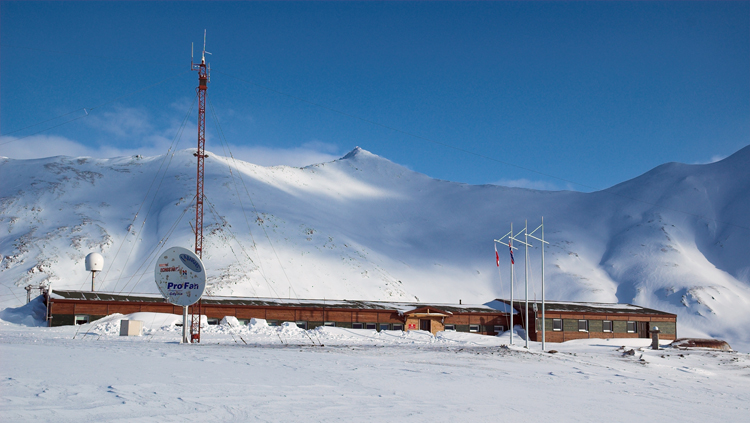Polish presence in the polar regions dates back to the early 20th century. The first Polish scientific expedition to Bear Island, led by Czeslaw Centkiewicz, took place in 1932-1933. Subsequent expeditions to Spitsbergen in 1934 and 1938 resulted in many Polish geographical names appearing on the maps of the region. After World War II, as research continued, permanent research stations were constructed in the Arctic and Antarctic.
Contemporary Polish research stations on Svalbard
Currently, Poland has three permanent research stations in polar regions, including the Stanisław Siedlecki Polish Polar Station in Hornsund, Spitsbergen. The station, established in 1957 by the Institute of Geophysics of the Polish Academy of Sciences, is one of only four facilities on Svalbard conducting year-round research. In addition, seasonal research bases on Svalbard are operated by universities from Wrocław, Toruń, Poznań and Lublin, and more recently by the University of Silesia with its BERA logistics center. Poles make up the second largest scientific community on Svalbard after Norwegians.
In 2020, the Council of Ministers adopted the document “From Past Expeditions to Future Challenges: Polish Polar Policy,” which is the first comprehensive plan of Poland’s activities in the Arctic and Antarctic. The document emphasizes the importance of polar research for understanding global climate processes and the necessity to further support and develop Poland’s scientific presence in these regions.
Importance of Polish research for global science
Polish research in the Arctic provides valuable data on climate change, glacier melt and the dynamics of polar ecosystems. Thanks to many years of observations and modern research infrastructure, Polish scientists are contributing to a better understanding of the processes occurring in the polar regions, which is crucial for forecasting future climate change around the world.
Climate change in the Arctic is proceeding at a rapid pace, posing new research challenges for scientists. Poland, with its long-standing presence and experience in the polar regions, is well positioned to meet these challenges. The continuation and development of polar research is essential for further understanding of global climate and environmental processes.
Sources: PAP, Zintegrowana Platforma Edukacyjna, IGF PAN, Gov.pl / cover photo: KBP PAN







